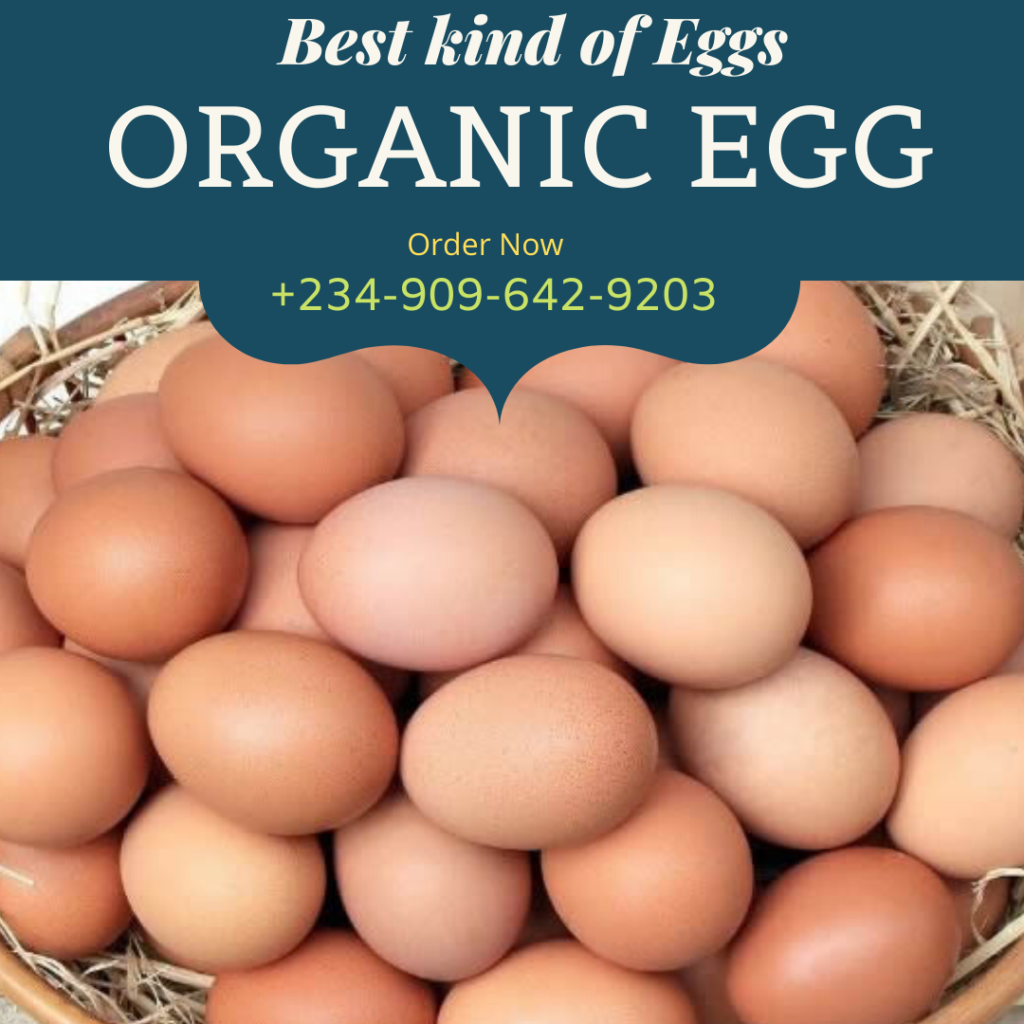The colon is an organ that is part of the digestive tract in the body. It’s often called the large intestine or the large bowel. When food enters the body, it’s digested mostly in the small intestine, where vitamins and minerals are taken out. After that, the food moves into the colon. The colon takes out water, and bacteria in the colon help break down the food to prepare it to leave the body. A healthy colon basically functions as the “cleanup” crew of the body.
A healthy colon begins with a healthy diet. One of the risk factors for colon polyps or colorectal cancer is a high-fat, low-fiber diet. Conversely, a low-fat, high-fiber diet will help prevent digestive disease.
Feeding our body with nutrient-rich food is like filling your car with the highest quality fuel. You can guarantee better performance doing so..
Eating with colon health in mind is quite simple. The major building blocks for a colon-healthy diet includes fruits, vegetables and whole grains that are rich in fiber. Another component for optimal digestion and colon health is adequate hydration.
If you’re in need of a colon cleanse, you might want to try incorporating the following natural stuffs into your daily diet:
- When you are selecting fruits and vegetables, choose fruits and vegetables in a wide array of colors so you are “eating a rainbow.” Having each color represented in your diet will ensure that you are getting all your vitamins and minerals for colon health. Here are some suggestions for some new, colorful fruits and vegetables that you can implement into your diet:
• Red- Tomatoes, pomegranates, red radishes, red bell peppers, guava, watermelon, etc.
• Orange and Yellow- apricots, yellow peppers, cantaloupe, butternut squash, pumpkin, lemons, mangoes, pawpaw, sweet potato, etc.
• Green- Kiwi, broccoli, avocado, okra, zucchini, asparagus, cucumber, celery, leeks, peas, spinach, kale, brussels sprouts, etc.
• Blue and Purple- eggplant, purple cabbage, blackberries, plums, purple grapes, blueberries, beet root, etc.
• White- mushrooms, garlic, cauliflower, onions, potatoes, etc.
- Whole grains are an essential part of colon health. Along with carbohydrates, whole grains contribute protein and fiber to the diet.When you eat whole grains, you are getting valuable antioxidants which are not found in fruits and vegetables. You are also getting B vitamins, vitamin E, magnesium, iron and fiber. There is medical evidence that whole grains reduces your risk for cancer as well as heart disease, stroke, diabetes, and obesity. For maximum nutrition, choose whole grains that are unrefined and vary your selections so your body can receive maximum benefit. Try adding some of these whole grains in your diet:
• Whole wheat flour
• Whole grain bread (unrefined)
• Whole oats (oatmeal)
• Brown rice
• Corn meal
• Millet
• Whole-grain barley
- Fiber acts as a cleaning agent for your colon and removes waste, debris and toxins left behind in the digestive process. Most of us are deficient in fiber, so we should be actively looking for ways to increase our daily intake of fiber. There are many fiber supplements available at health food stores that could help boost daily fiber, but the best source of fiber is from food.
There are two types of fiber, and a healthy colon requires both:
• Soluble fiber- This fiber attracts water and creates a gel-like substance which slows down digestion. Soluble fiber makes you feel full and can help regulate blood sugar. Good sources of soluble fiber include oatmeal, oat bran, apples, oranges, beans, dried peas, nuts, strawberries, celery, carrots, etc.
• Insoluble fiber- This fiber does not dissolve in water and passes through the digestive system relatively intact. Insoluble fiber adds bulk to the intestines and helps prevent constipation. Good sources of insoluble fiber include whole wheat, whole grains, wheat bran, nuts, seeds, barley, zucchini, broccoli, cabbage, dark leafy greens, grapes, brown rice, tomatoes, etc.
- Adequate water intake and proper hydration are important factors to having a healthy colon.There are many different opinions on just how much water you should be drinking every day. Health experts commonly recommend eight 8-ounce glasses, which equals about 2 liters. or half a gallon a day. But how much water you need depends on a lot of things and varies from person to person. The key point is let’s stay well hydrated for our individual needs. And it is important you keep record of your fluid intake and consider using a water bottle that has volume markings so you can easily track your water consumption throughout the day.
- A way to enhance colon health and the digestive process is also by adding probiotics to your diet. Probiotics are live colonies of beneficial bacteria that aid digestion and eliminate harmful bacteria and toxins in the gut. Kefir, kombucha, kimchi, pickles, sauerkraut and some yogurts are good sources of probiotics.
- New studies show that vitamin D is an important component in colon health. Having adequate vitamin D in the diet can reduce your risk of colon cancer by as much as 33 percent. Very few foods are rich in vitamin D, so we depend on fortified milk, cereals and juices. Egg yolks, liver, sardine, mackerel, catfish, etc are good sources of vitamin D, as well as some good, old-fashioned sunshine. Our bodies can convert sunlight to vitamin D with as little as 10 minutes of unprotected exposure to the sun. Absorb rays responsibly, and add some more vitamin D to your diet to help prevent colon cancer.
Bottom line – expand your diet to include all the colon-friendly natural stuffs that will help nourish your colon health.
By Homeopath Oluwafunmise
08028366901





